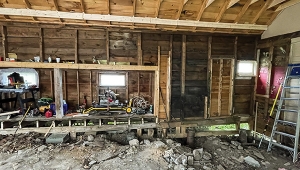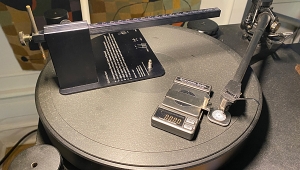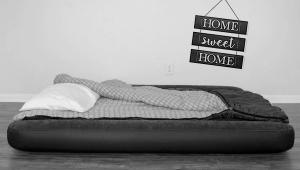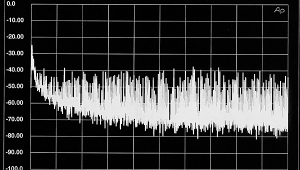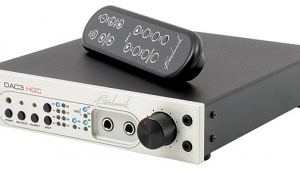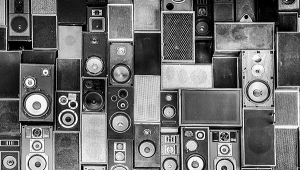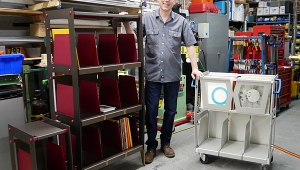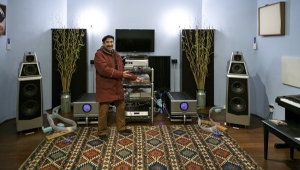| Columns Retired Columns & Blogs |
How can you steal something that wos never there? I have spent most of my life listening to live music, my ears are usually left ringing on a Monday morning (quite regularly), to acheive the same levels in my house, it seems it would be cheaper to just hire the band, I think you are all talking pish! I hate audiophiles, not because Iam jealous of what they own, but becuase of the pure pish they talk. Come down to the real world of music and domestic Hi-Fi, if you never hear it, you will never miss it will you? I hear you all waxing lyrical over Naim, Linn, Krell, Wadia, etc etc, 90 percent of the world will never be able to afford the hardware they sell, should they just give up on Hi-Fi and take up mountain biking or something else? NO, they shouldnt, because back in the real world, where the Mission 760i`s and Mordaunt Short Ms10`s live, there is some really really good hi-fi at large... and bollox to your high end nonsense, I buy Hi-Fi so I can listen to my music, I dont buy music so I can listen to my Hi-Fi. The Nad 3020 took the audiophile world by its Nads in the 80s, the Pioneer A400 took a bite in the 90s, everynow and then, audiophile equipment will be embarrassed by peasants, when this happens, it should be celebrated, not nocked and dissed, I have listened to some pretty high end Hi-Fi in my day of building my budget priced Hi-Fi in the listening rooms of the RETAILERS (that is another word for salesmen, well trustworthy yeah) and no, I could not afford the cables you needed to run them let alone the components, can I live without them? Is my budget Hifi awsome (which incedently includes a pair of 20 year old Mordaunt Short MS 10s which I have never been able to depart with despite having a rather larger budget to play with nowadays) HELL YEAH! If I won the lottery, I would re-commission the Nad 3020, Mission Cyrus One and Two, and the Pioneer A400 along with some of those crappy 80s mini speakers you talked about, and I bet they could shake up some of 2011s offerings all over again. Infact....if you can afford such awsome Hi-Fi, you obviously have money to throw away, so why dont you try that? I live in a terraced house, and I dont think the kind of speakers you say I should own would fit, and if they did, the neighbours would probably shoot me.

